Trump Eyes Contentious Nominees Hegseth, Gabbard, and RFK Jr. for Key Positions
November 24, 2024 at 8:00 PM
3 minutes read
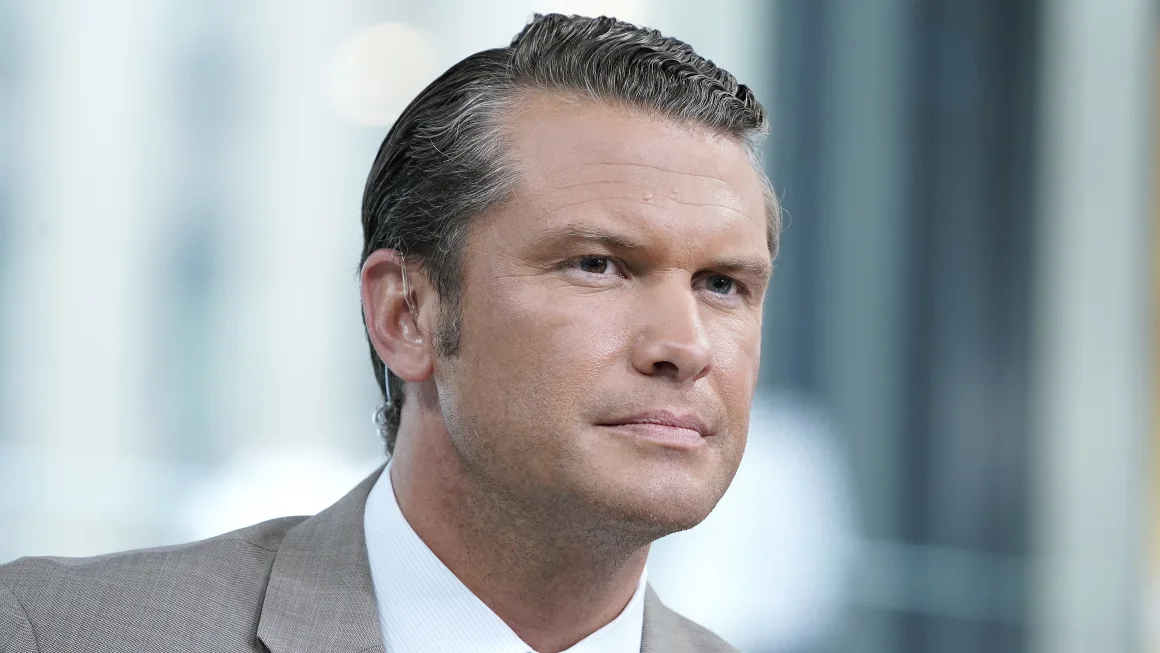
As Donald Trump prepares for a potential return to the White House, he is reportedly considering controversial figures Pete Hegseth, Tulsi Gabbard, and Robert F. Kennedy Jr. (RFK Jr.) for critical roles in his administration. Each nominee is likely to face intense scrutiny during Senate confirmation battles, signaling a highly polarized political atmosphere ahead.
Trump’s Nominee Considerations
Trump has been vocal about assembling a team that aligns with his populist and anti-establishment ideology. Pete Hegseth, a Fox News personality and veteran, is being floated as a potential Secretary of Defense. Tulsi Gabbard, a former Democratic congresswoman who has frequently challenged her party, is under consideration for a high-ranking diplomatic role. Meanwhile, RFK Jr., a vocal critic of vaccine mandates and environmental activist, could take on a health-related or advisory position.
The potential appointments reflect Trump’s strategy to shake up Washington norms and solidify his base with controversial but influential figures.
Expected Confirmation Challenges
If nominated, all three candidates are expected to encounter fierce resistance during Senate confirmation hearings. Critics question Hegseth’s qualifications for leading the Department of Defense, citing his lack of experience in managing large-scale military operations.
Gabbard’s positions, which frequently deviate from both major parties, could alienate senators on both sides of the aisle. RFK Jr.’s history of promoting vaccine skepticism may make him a lightning rod for criticism, especially from public health experts and lawmakers advocating science-based policies.
Political Implications
These appointments could deepen divisions in Congress, as they symbolize Trump’s broader effort to challenge traditional power structures. Some analysts argue that Trump is intentionally selecting polarizing figures to energize his supporters while forcing Democrats into prolonged confirmation battles.
Others see the nominations as a test of Trump’s influence over the Republican-controlled Senate, should his party secure a majority.
Reactions from Supporters and Opponents
Supporters argue that these choices demonstrate Trump’s commitment to disrupting the status quo and assembling a team unafraid to challenge conventional wisdom. They praise Hegseth’s military background, Gabbard’s independence, and RFK Jr.’s advocacy for personal freedoms.
Opponents, however, express deep concerns over the potential nominees’ qualifications and controversial pasts. Public health officials have already voiced alarm at the prospect of RFK Jr. influencing health policy, while Democrats label these selections as divisive and counterproductive.
Trump’s Larger Strategy
The focus on these controversial figures is part of Trump’s broader narrative of returning power to the people and dismantling what he terms the “deep state.” By positioning outspoken and unconventional leaders, he reinforces his anti-establishment message and appeals to voters who feel alienated by traditional politics.
Whether this strategy will succeed in overcoming legislative hurdles or alienate key voting blocs remains to be seen.
Looking Ahead
As Trump’s potential nominees generate buzz, the political landscape is bracing for contentious battles that could define the early days of his next term, if elected. With high-stakes confirmation hearings looming, these choices underscore Trump’s continued commitment to challenging Washington norms and reshaping the federal government in his image.
Up next

Trump Announces Israel’s Agreement to 60‑Day Gaza Ceasefire, Challenges Hamas to Sign On
July 2, 2025
4 minutes read
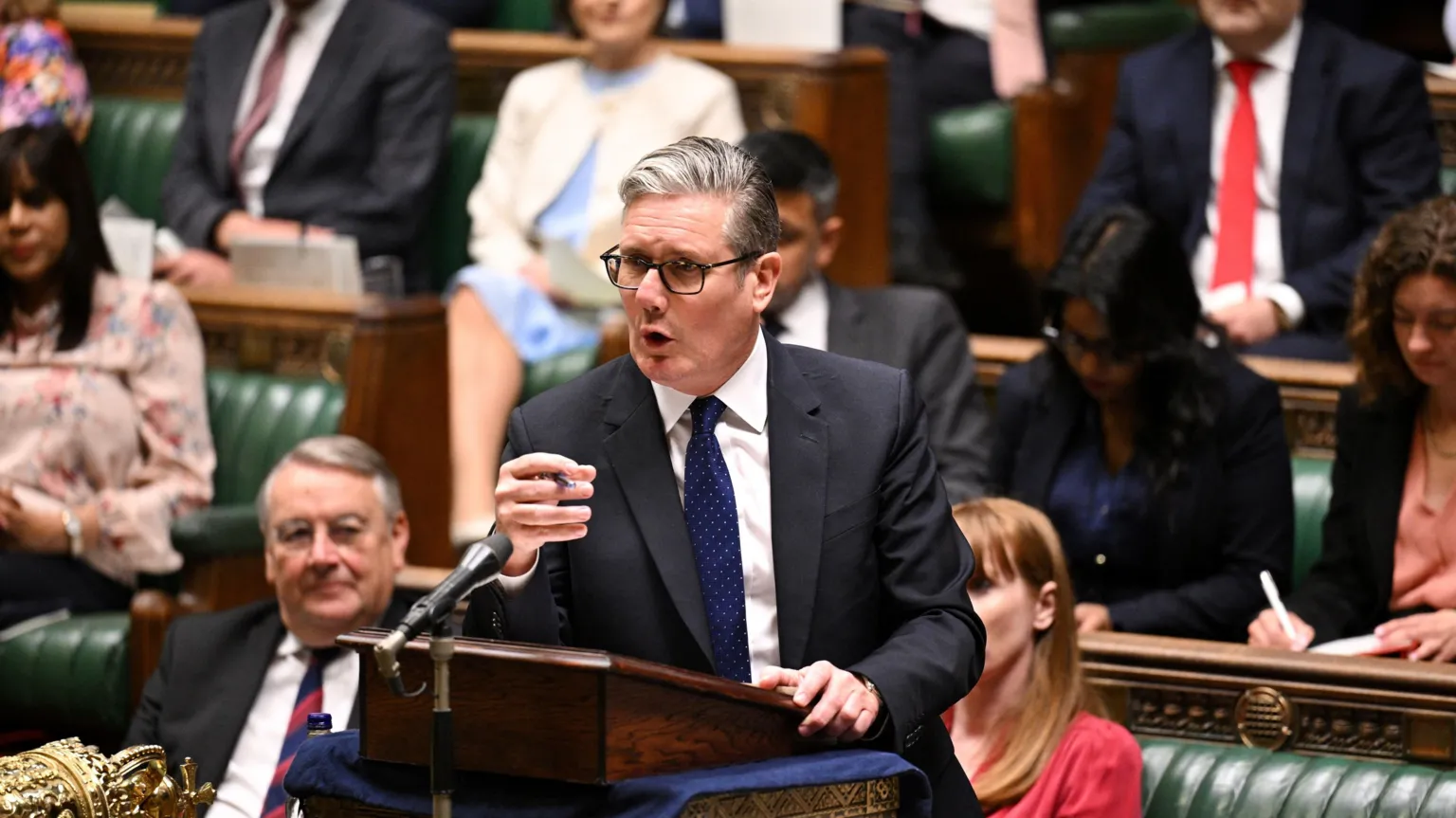
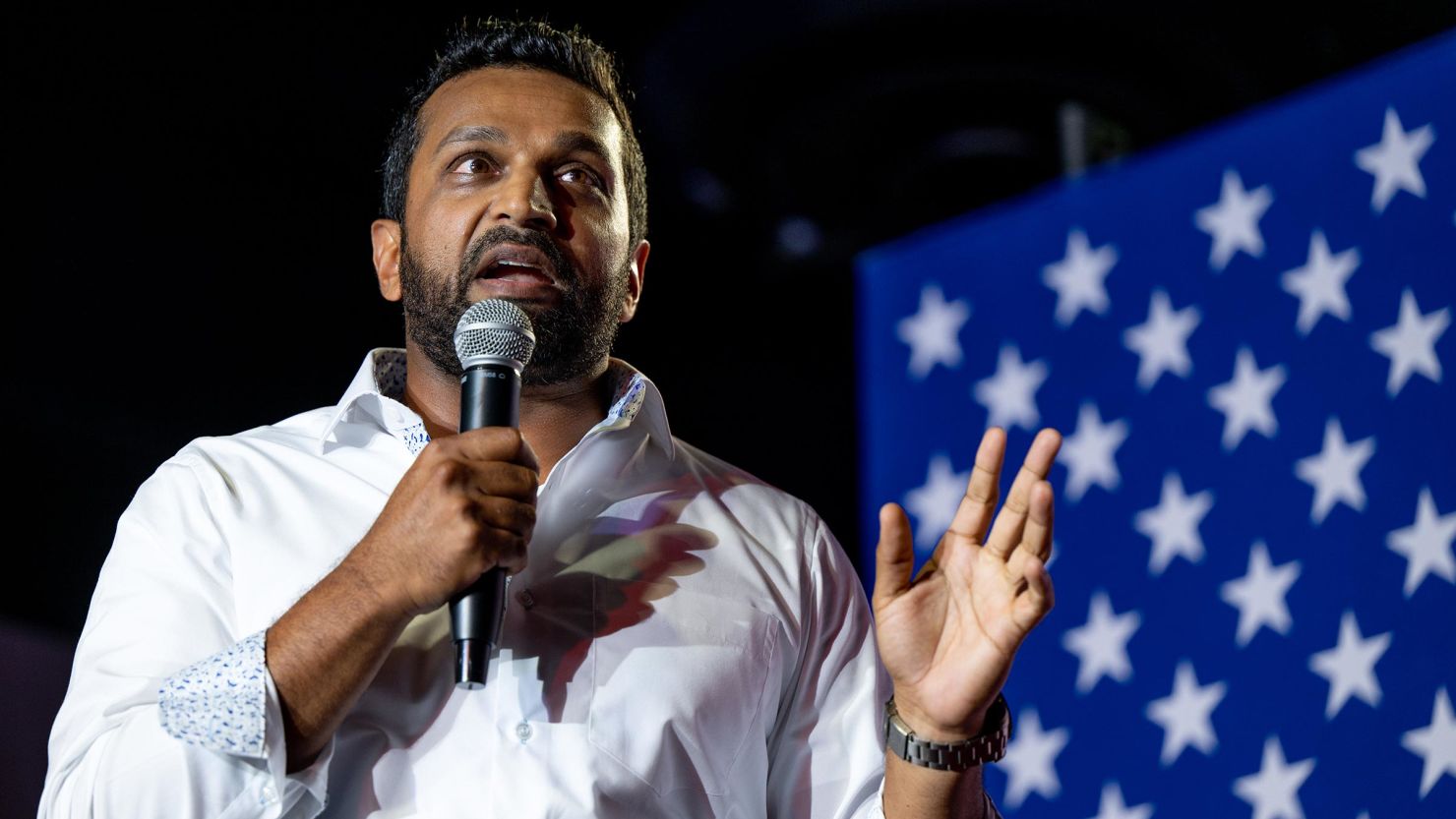
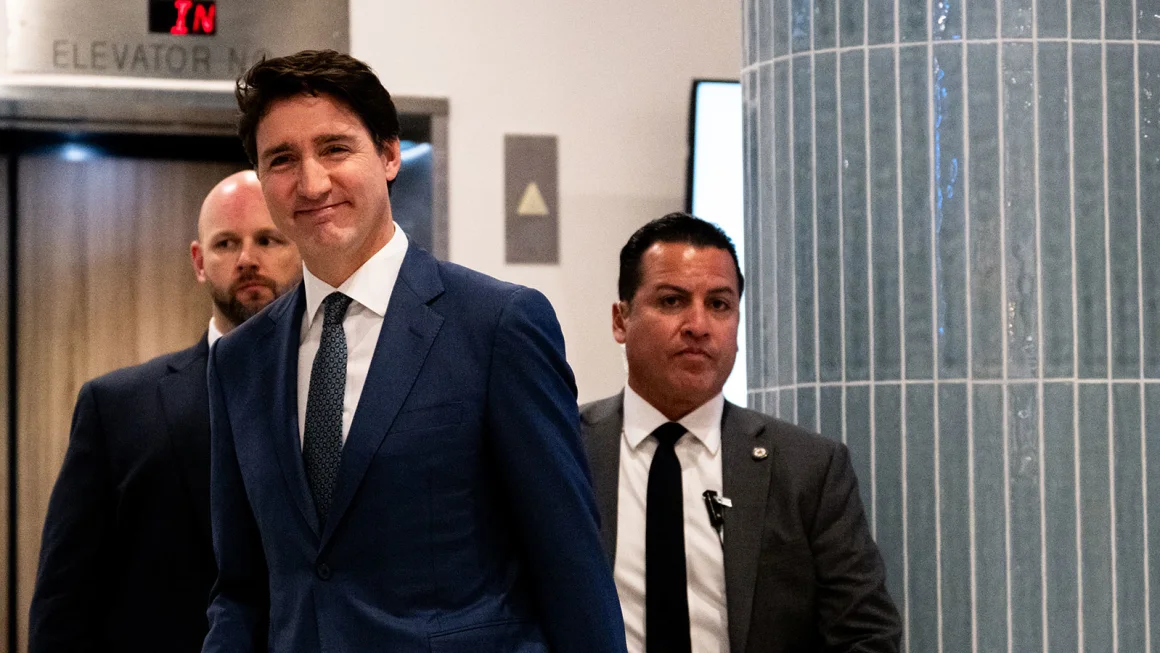

Trump Administration Plans Federal Agency Consolidation, Addresses BLM Plaza Concerns
November 29, 2024
4 minutes read
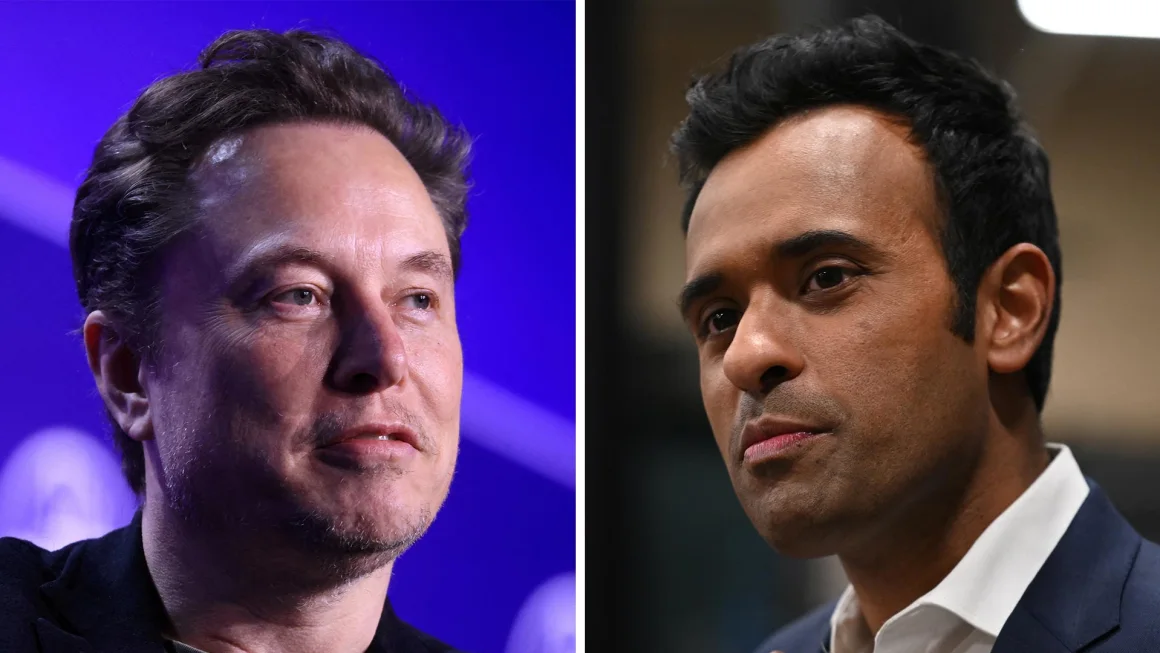
Musk, Ramaswamy Weigh in on Federal Regulations Amid Dogecoin Market Volatility
November 28, 2024
2 minutes read
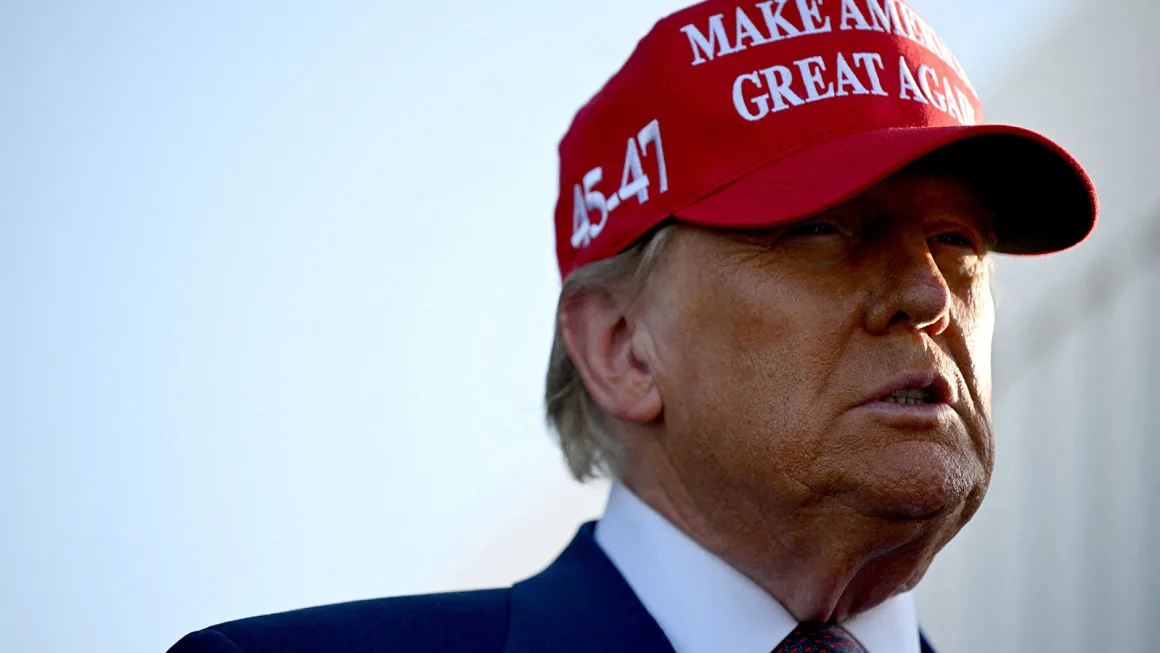
Trump Administration Accelerates Transition, Announces Swift Cabinet Picks
November 27, 2024
2 minutes read
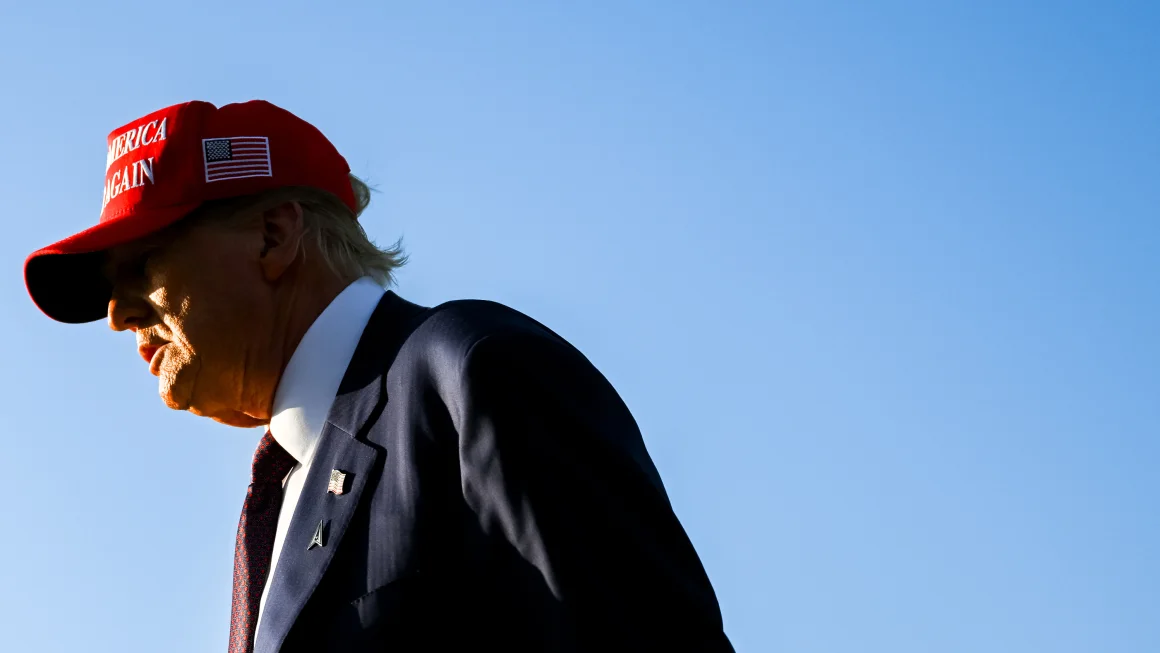
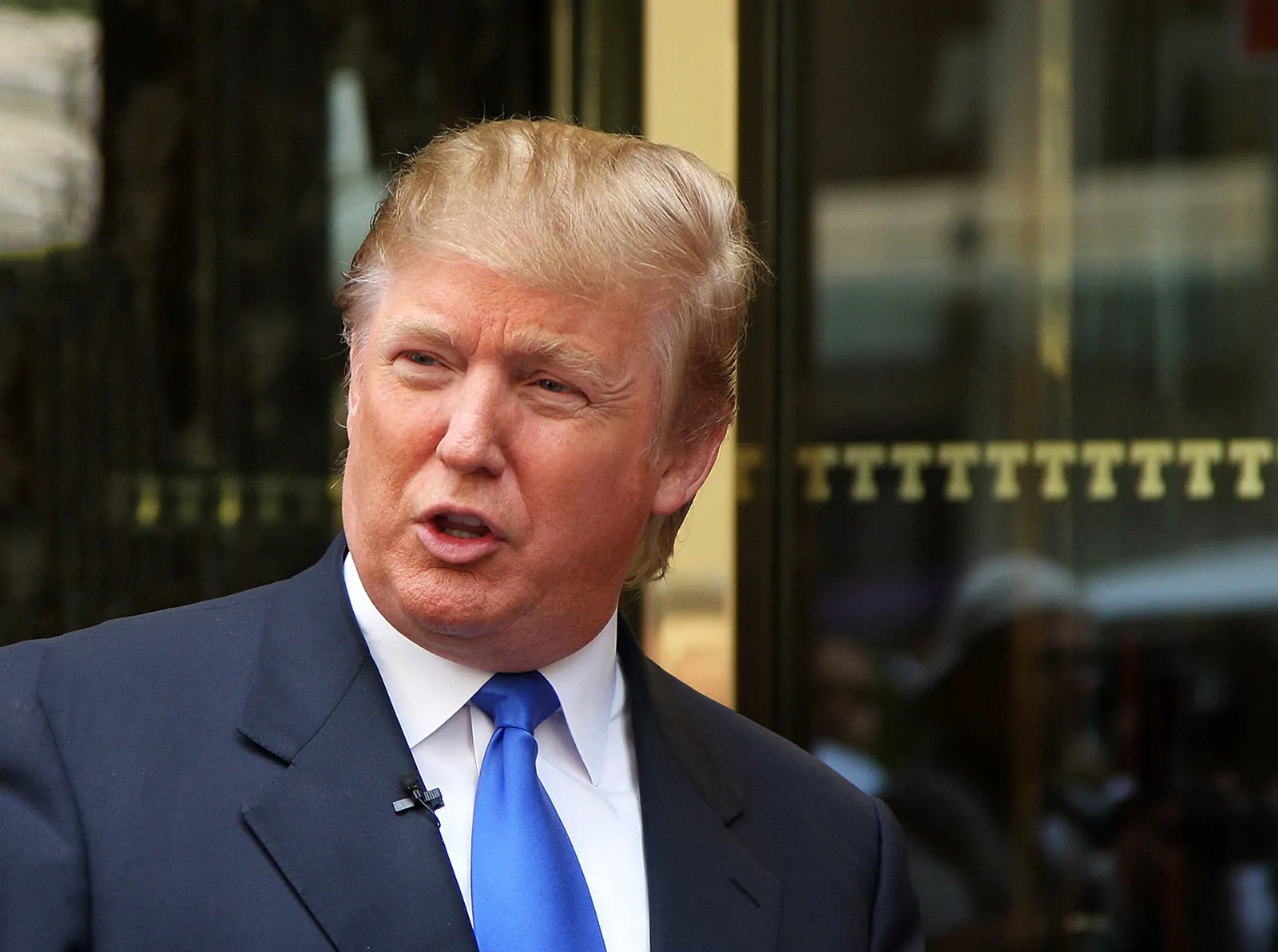
Trump’s Picks of Tulsi Gabbard and Pete Hegseth Reflect Bold but Controversial Cabinet Strategy
November 25, 2024
4 minutes read

Lori Chavez-DeRemer Considered for Labor Secretary Role in Potential Trump Administration
November 23, 2024
2 minutes read

Trump’s Potential Plan to Restructure FBI Raises Concerns Among Experts
November 22, 2024
3 minutes read

Pete Hegseth Denies Allegations in Police Report Amid Speculation About Defense Secretary Role in Trump Administration
November 21, 2024
2 minutes read
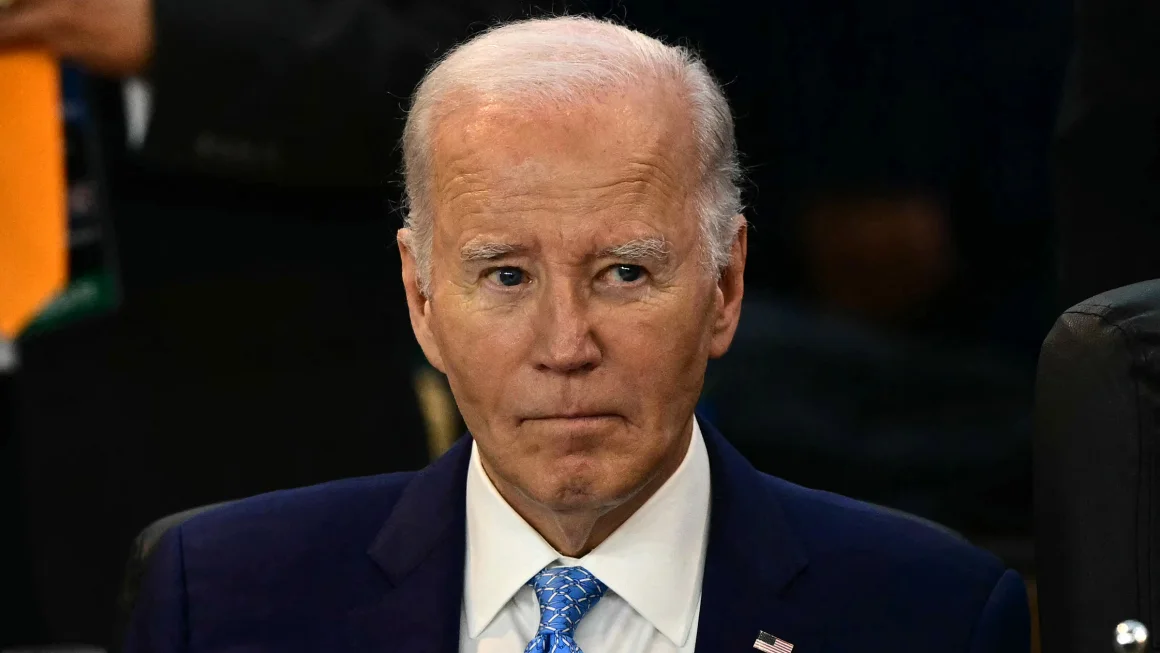
Biden Administration Faces Scrutiny Over Anti-Personnel Landmine Policy in Ukraine
November 20, 2024
2 minutes read
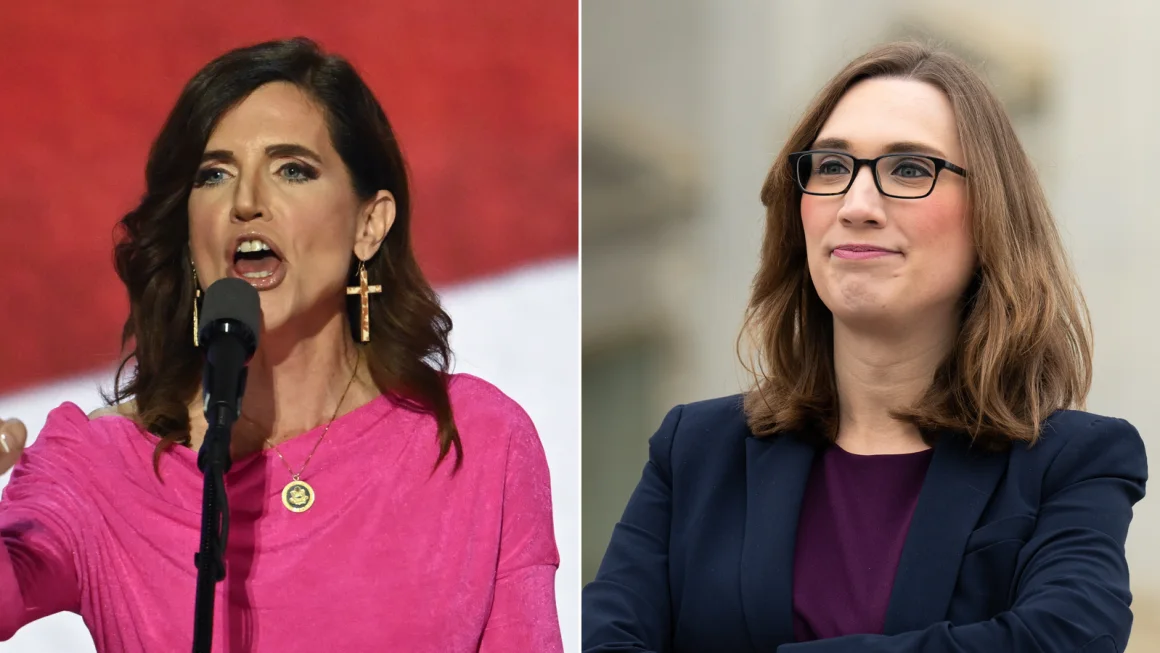
Republican Nancy Mace Criticizes Anti-Transgender Bathroom Ban at U.S. Capitol
November 19, 2024
2 minutes read
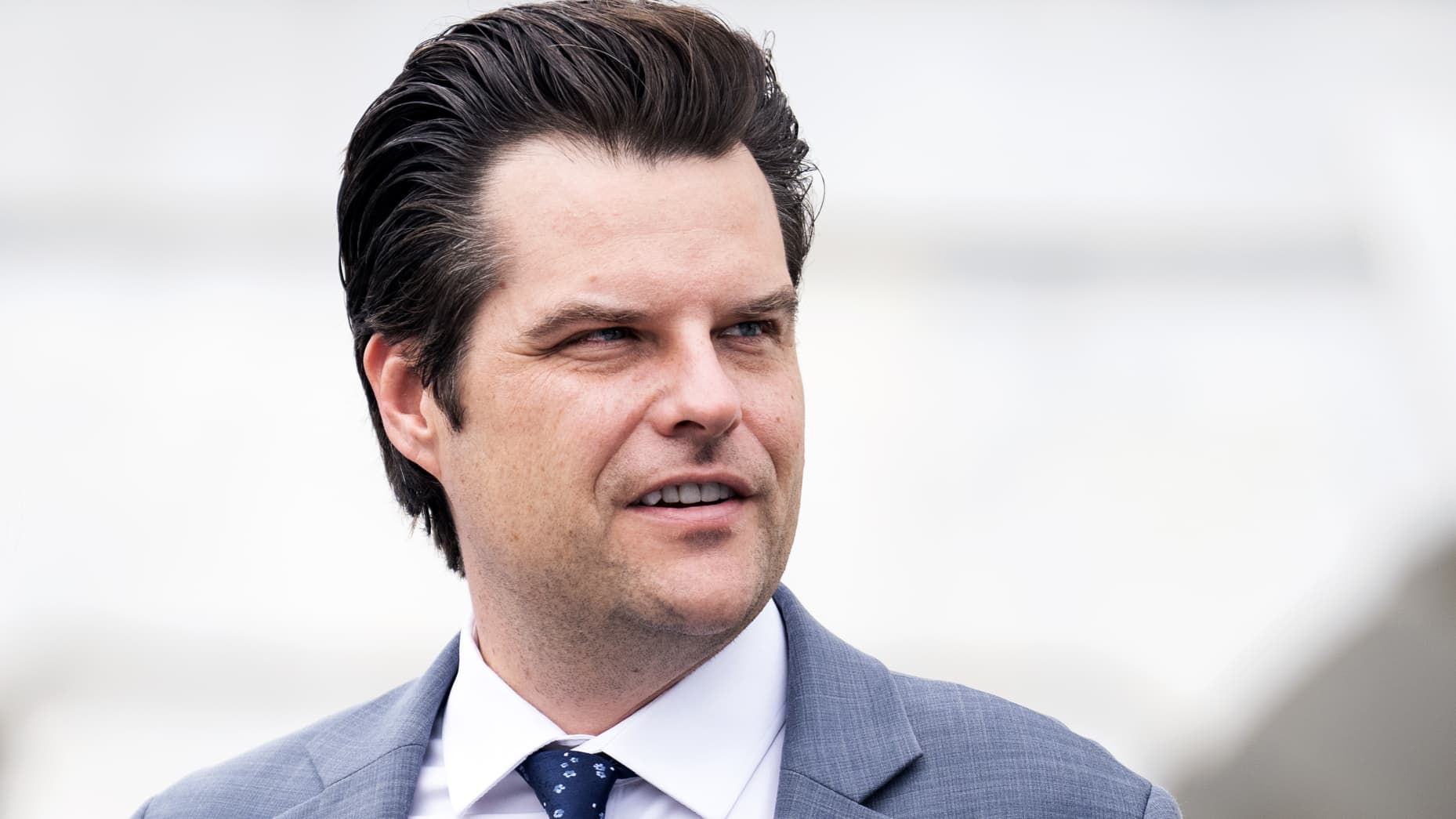
Matt Gaetz Reportedly in Contention for Attorney General Role Amid Political Tensions
November 18, 2024
2 minutes read
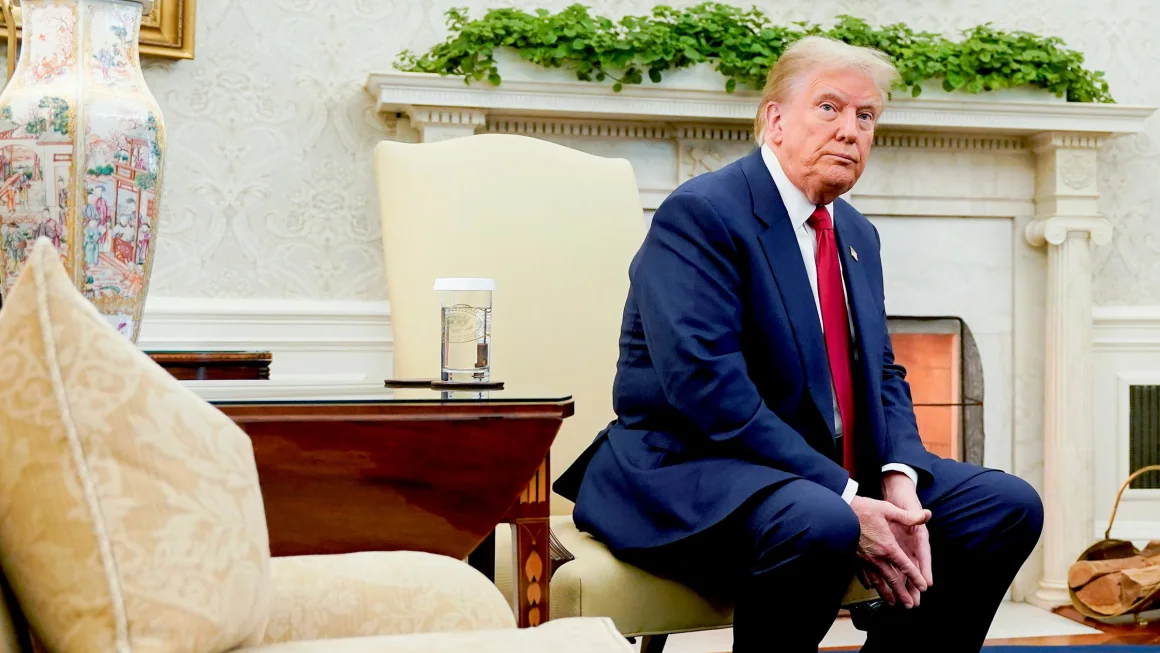
Trump’s Foreign Policy Vision Promises Bold Realignments and Global Shifts
November 17, 2024
4 minutes read
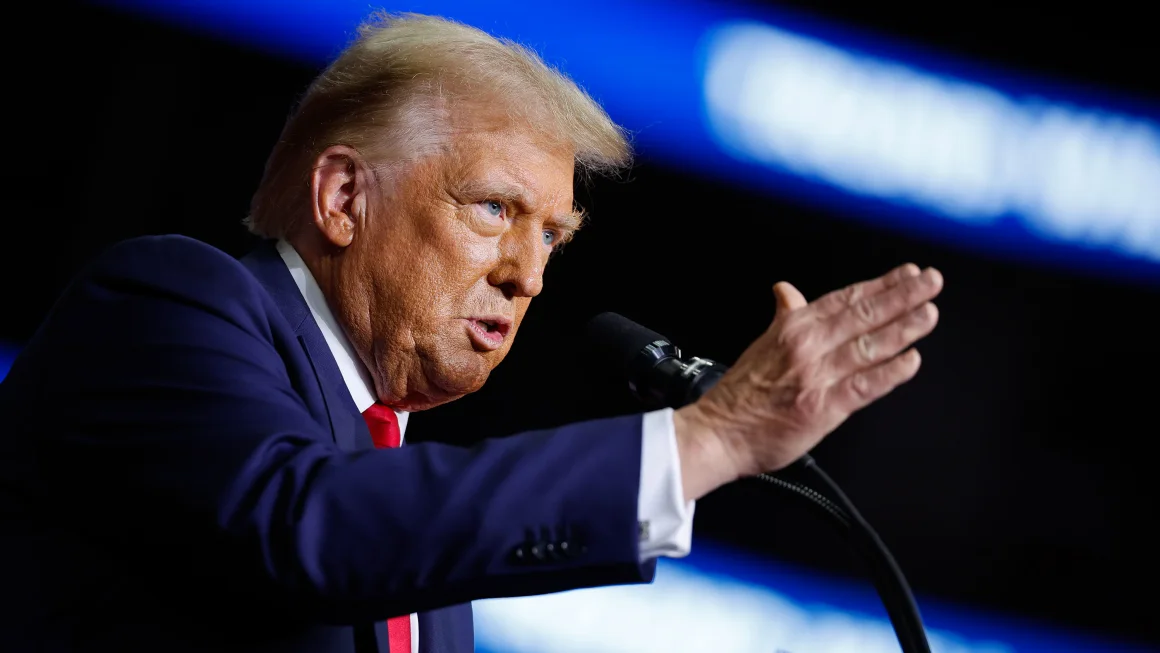
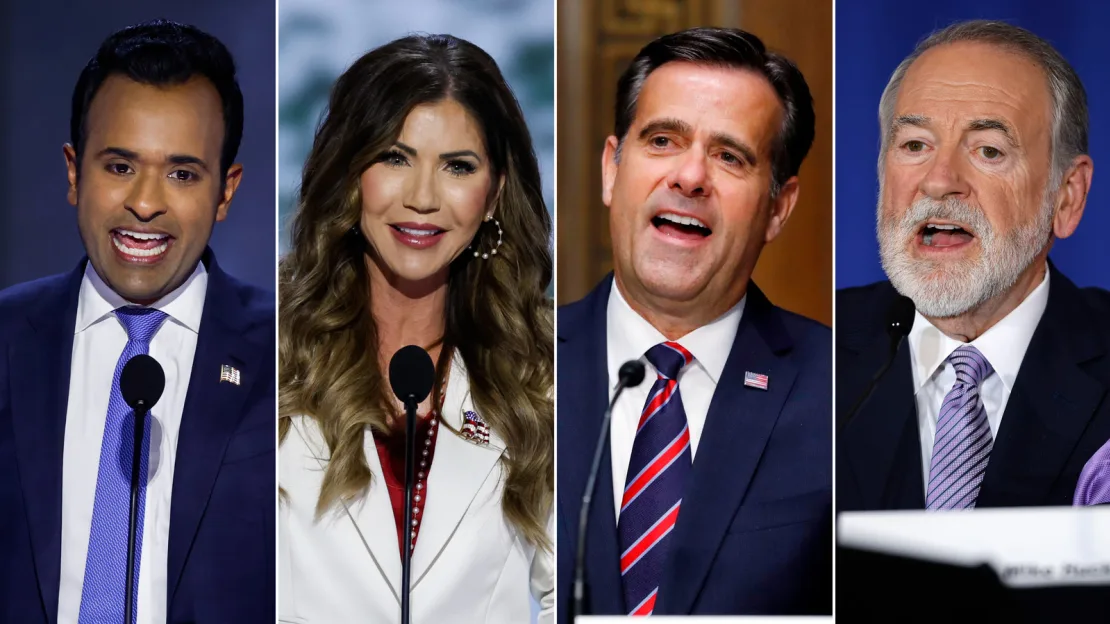
Trump Rolls Out Controversial New Cabinet Picks for Second White House Term
November 14, 2024
4 minutes read
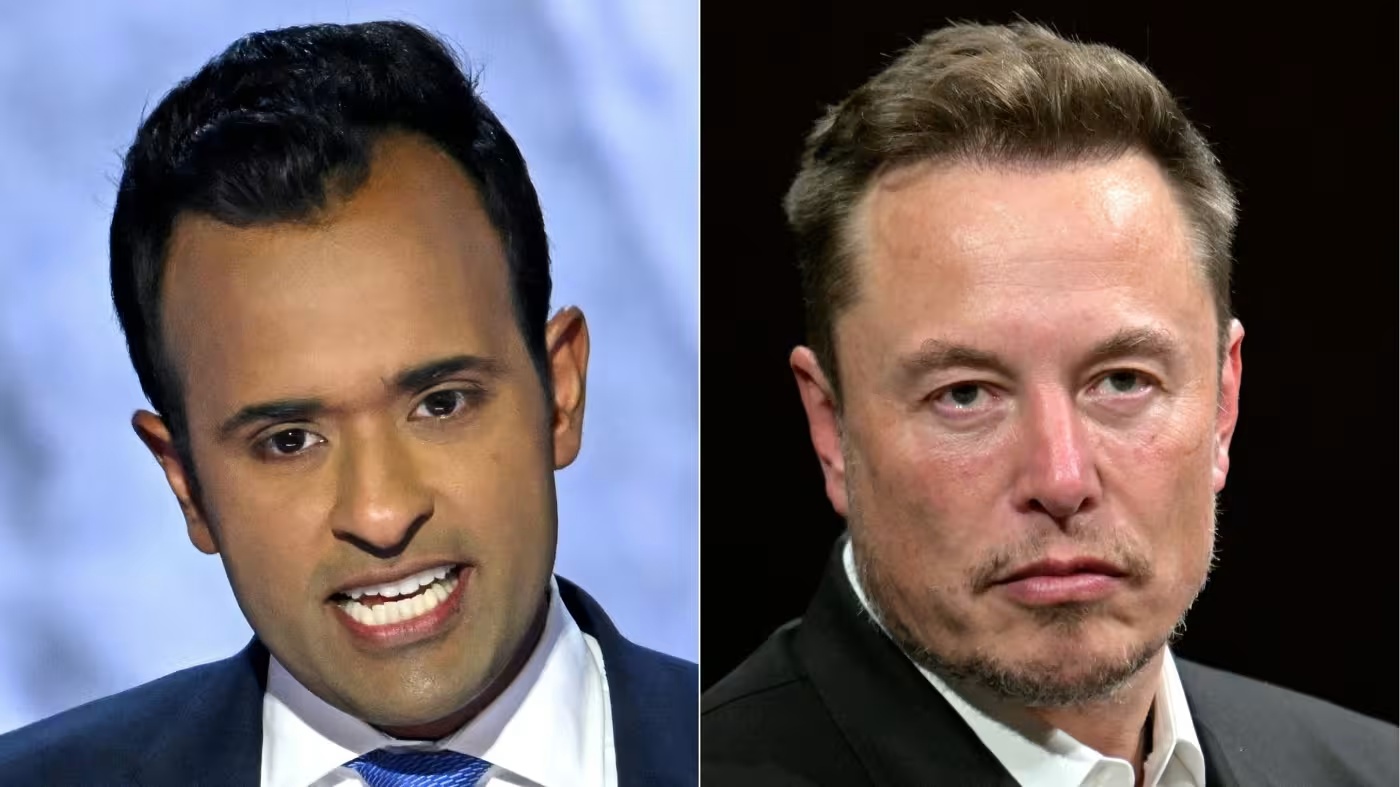
Elon Musk and Vivek Ramaswamy to Lead Trump’s New ‘Department of Government Efficiency’
November 13, 2024
2 minutes read

Malaysia’s PM Anwar Ibrahim Says New US Tariffs Could Impact Key Microchip Exports, Despite BRICS Ties
November 13, 2024
2 minutes read
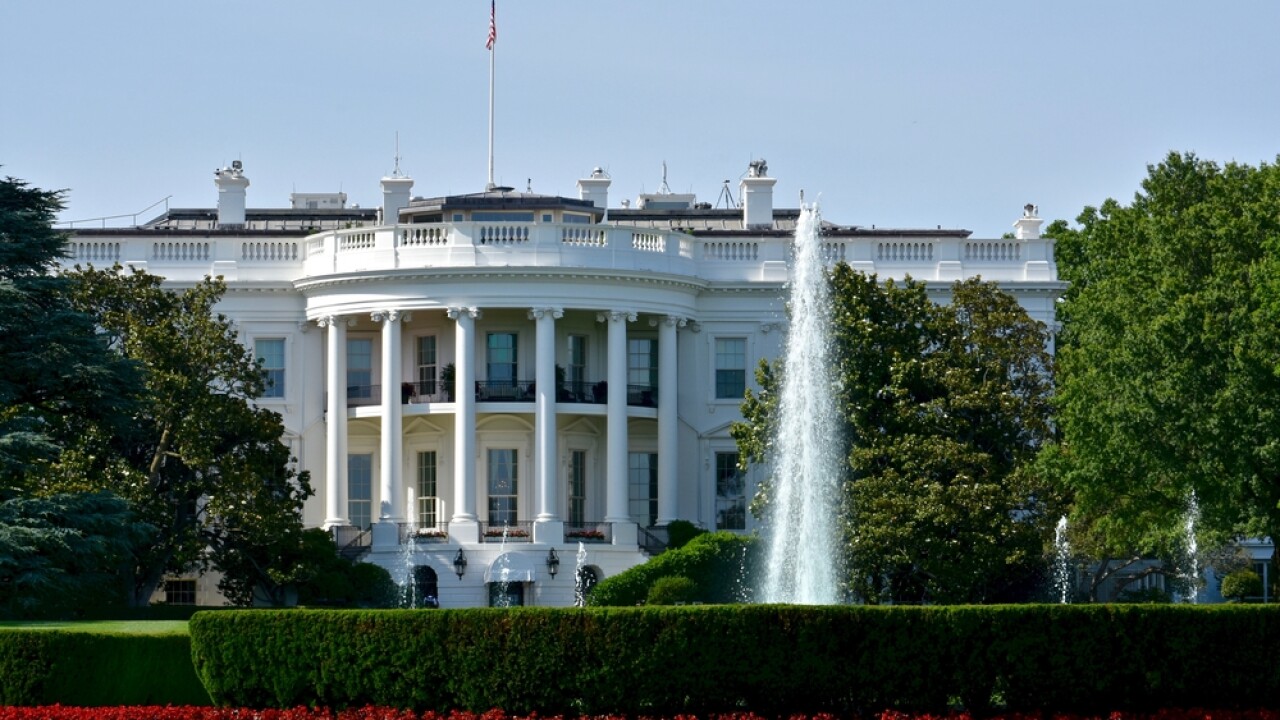
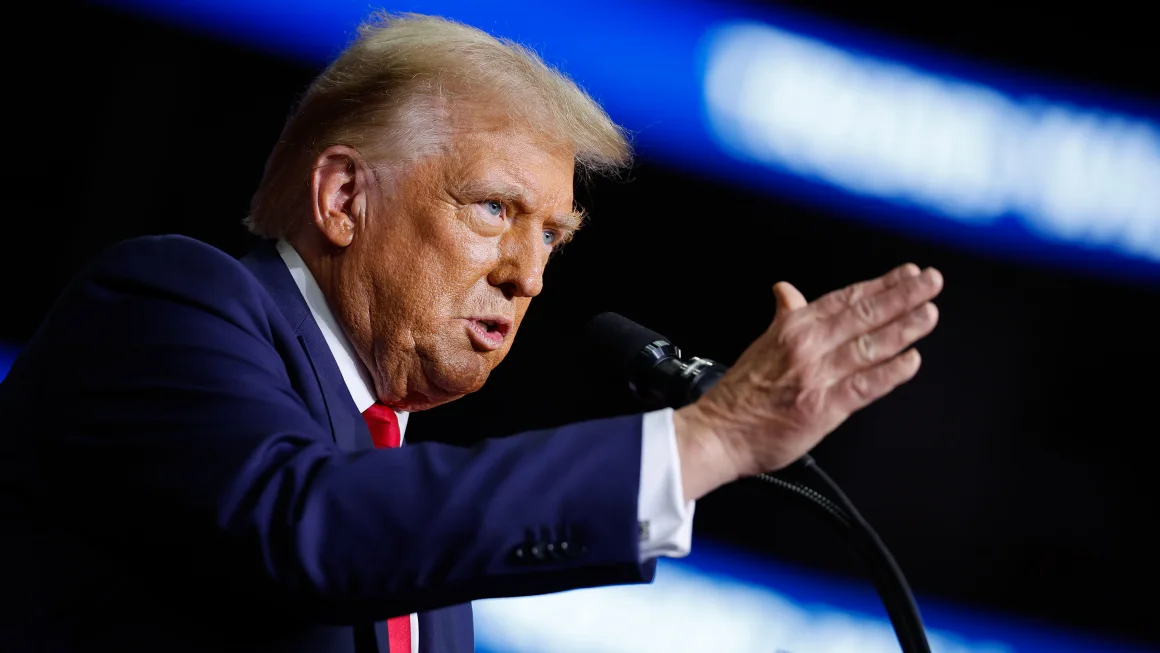
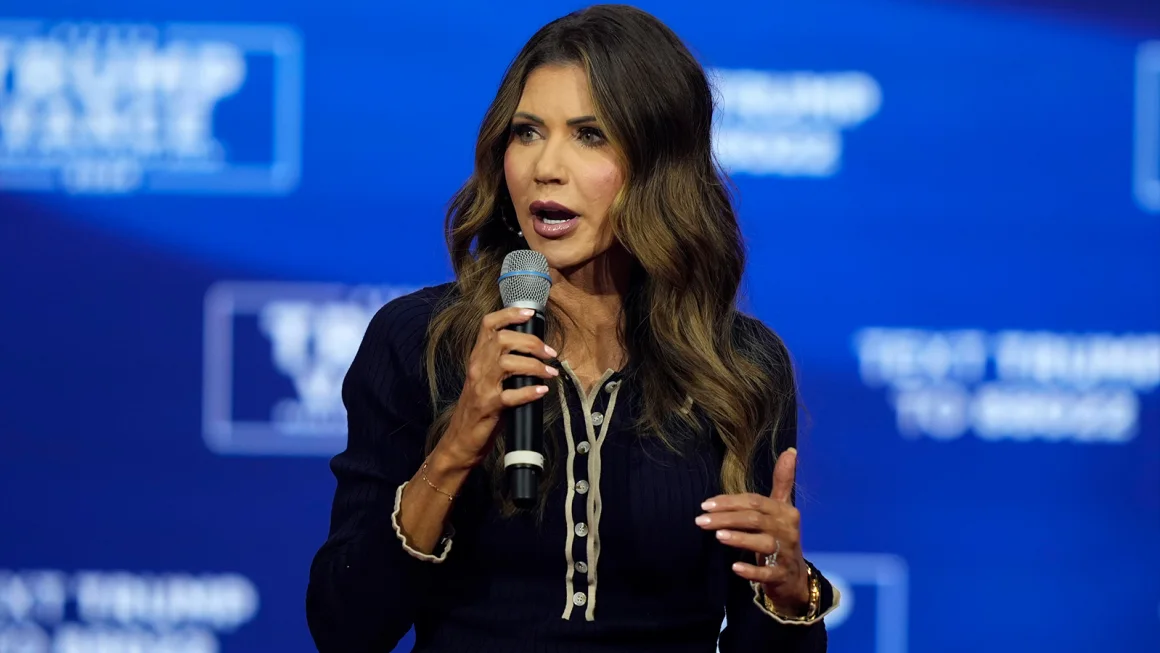
Trump Selects South Dakota Governor Kristi Noem as Homeland Security Secretary
November 12, 2024
1 minutes read
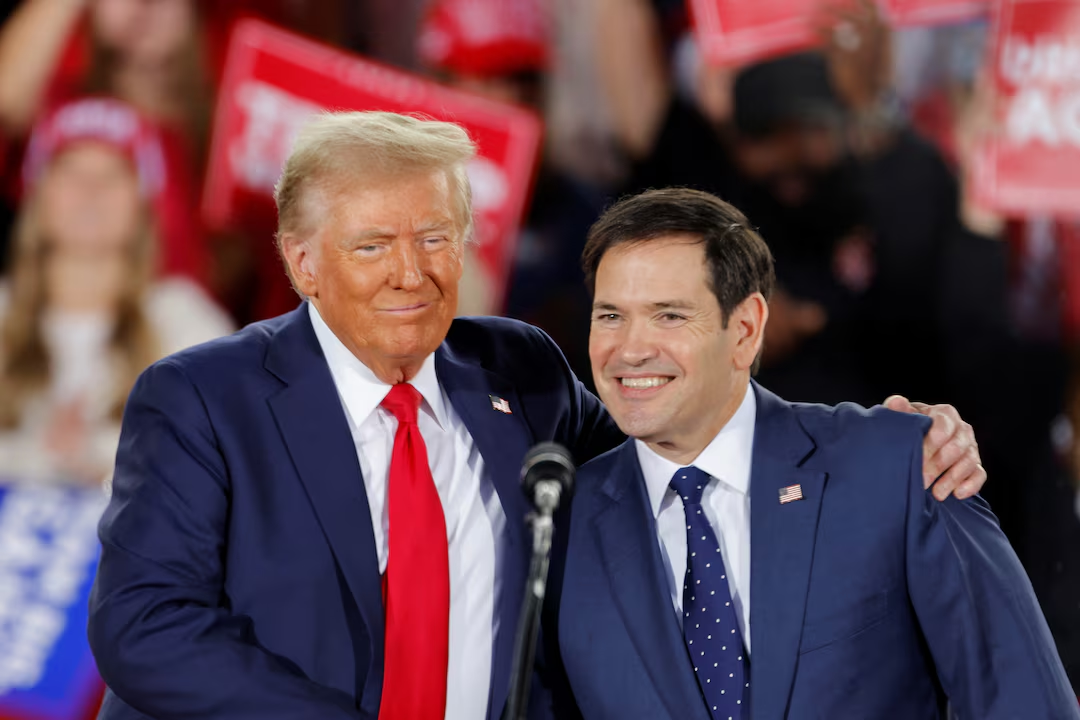

White House Rushes to Allocate Key Legislation Funds Before Trump Takes Office
November 11, 2024
3 minutes read
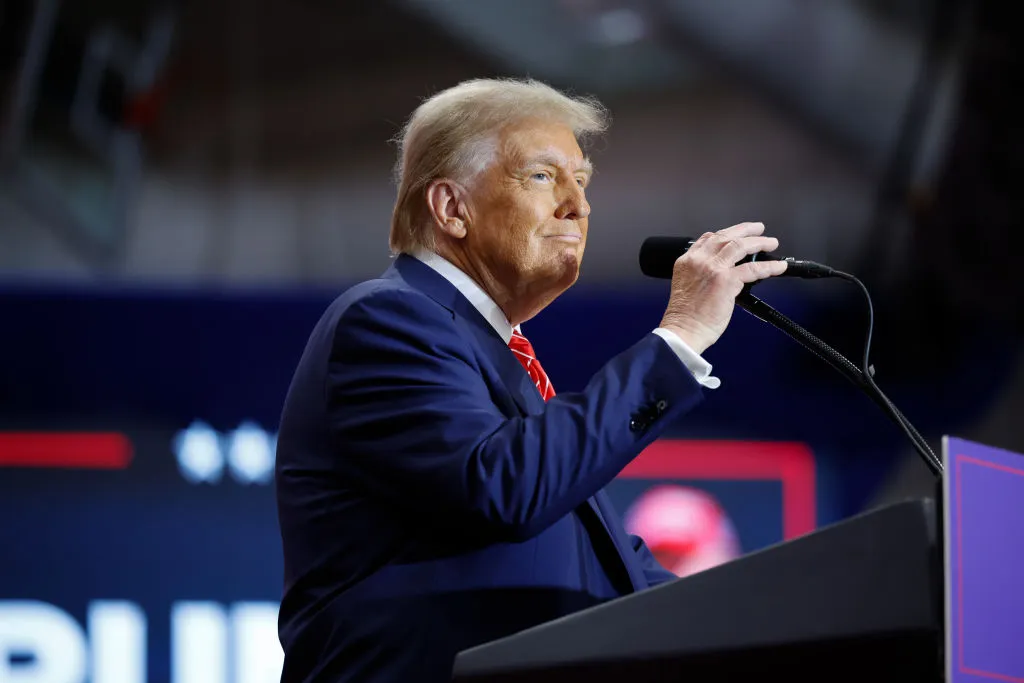
Trump Set to Receive Classified Briefings Again Despite Previous Charges
November 11, 2024
3 minutes read